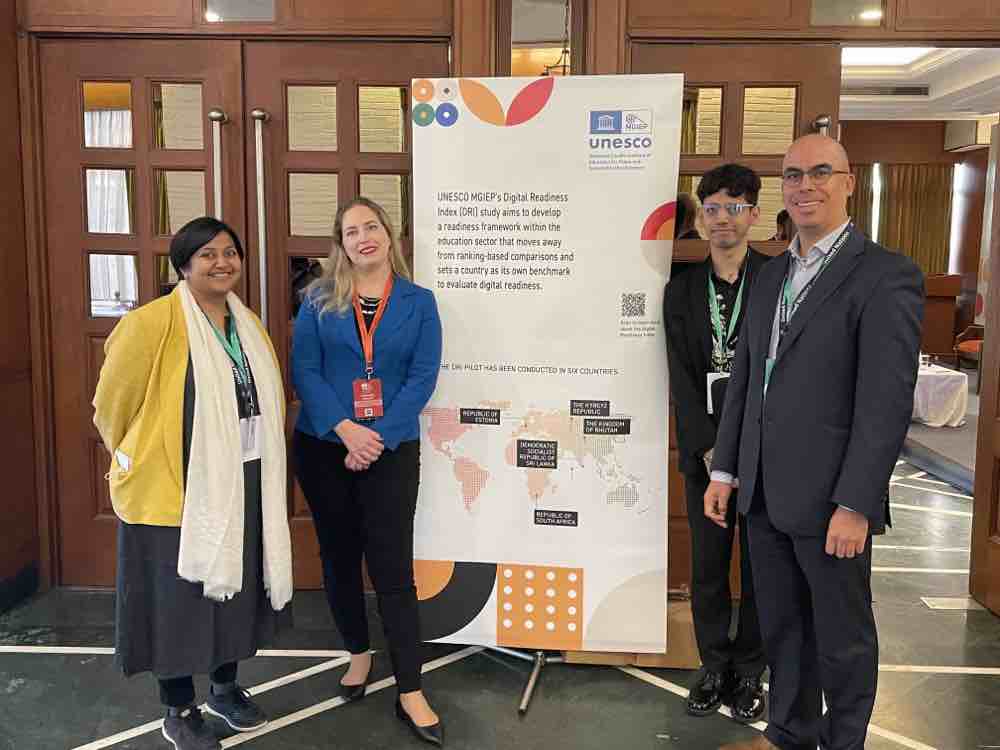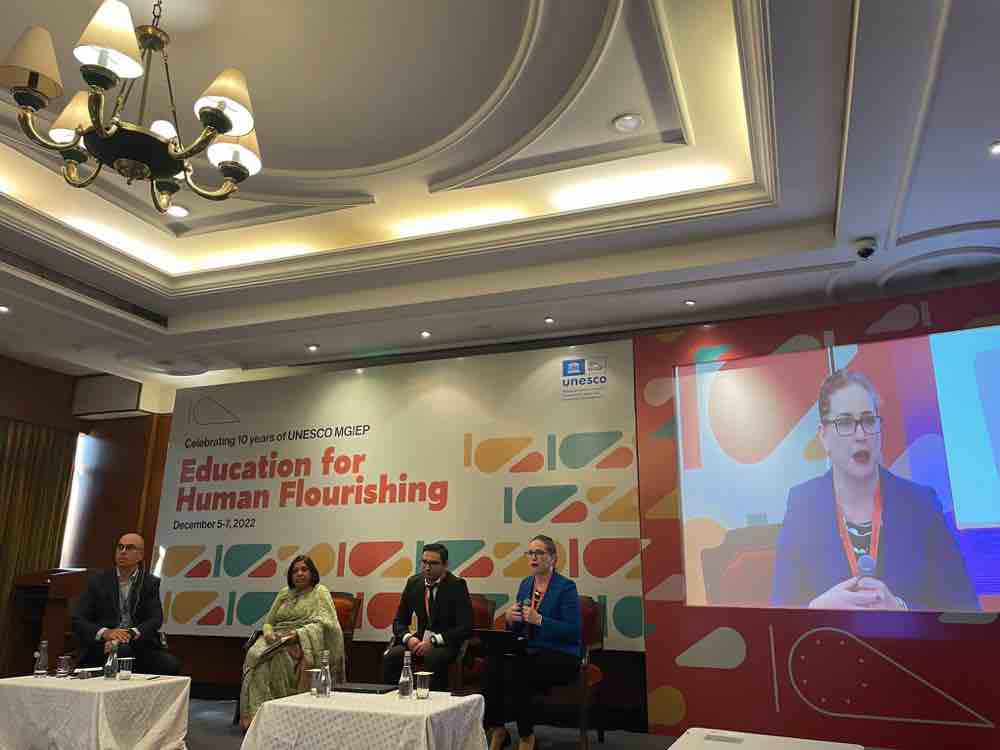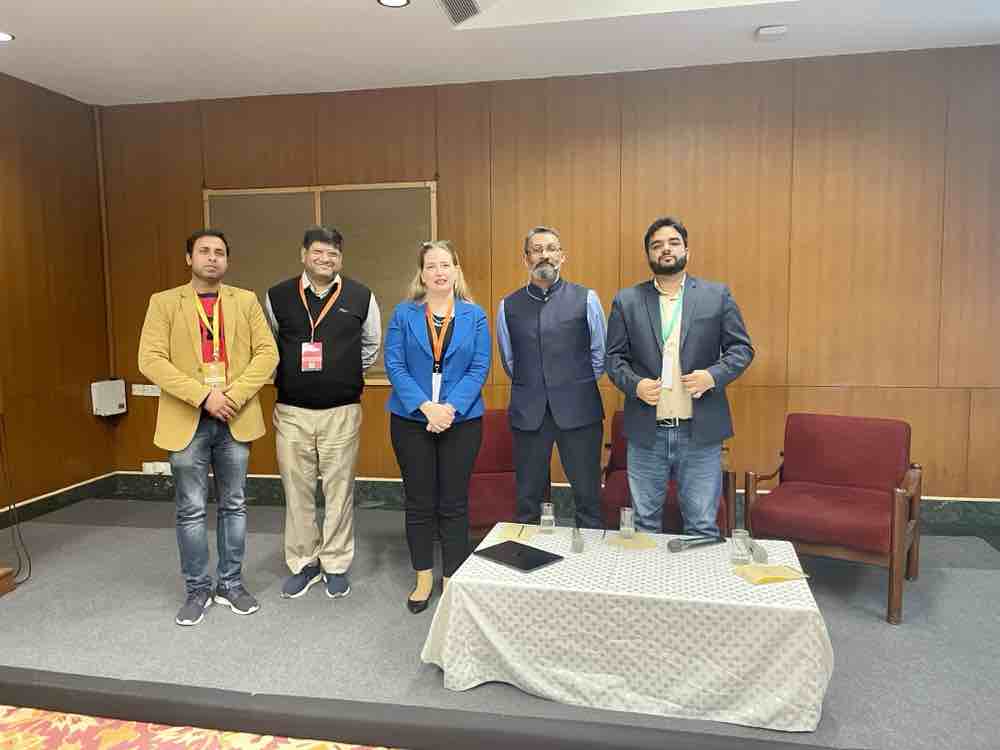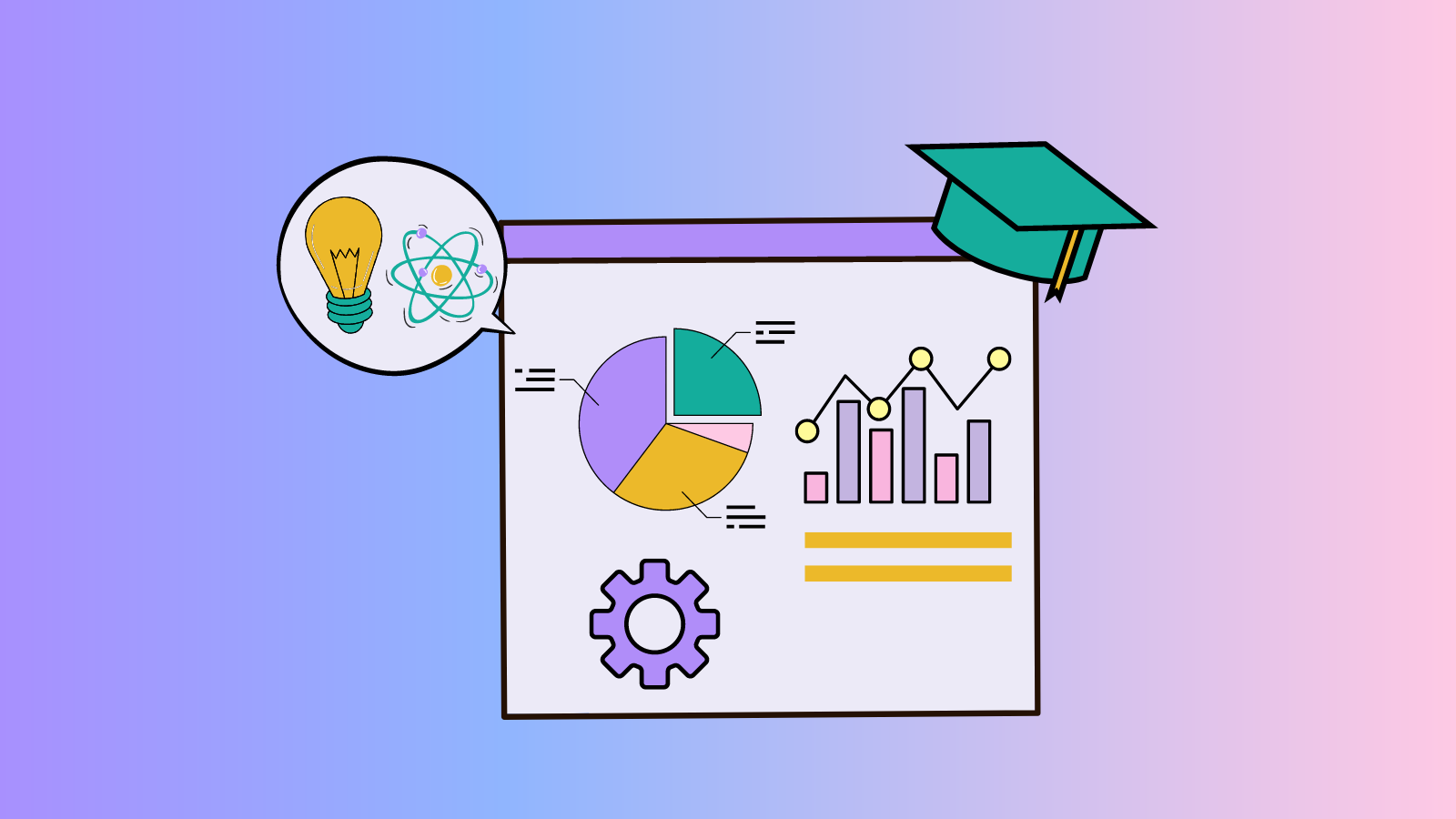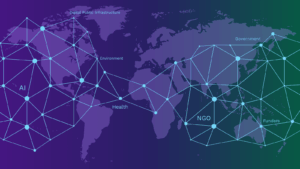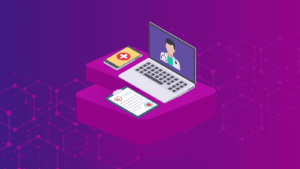How to responsibly unlock the value of data to improve education for all?
Digital transformation is taking place across sectors and as many aspects of life now rely on online connections, the amount of data generated daily continues to grow at exponential rates. Schools and educational institutions are no exceptions and the COVID-19 pandemic fuelled a drastic shift to online learning in some parts of the world and in others, exposed gaps in connectivity and access to digital technologies.
On December 5 – 7, 2022 the United Nations Educational, Scientific and Cultural Organization (UNESCO) Mahatma Gandhi Institute of Education for Peace and Sustainable Development held an event celebrating its 10th Year Anniversary, in New Delhi, India. The Datasphere Initiative Director for Research and Partnerships – Carolina Rossini – was present, and presented in two panels in addition to supporting the working group on Digital Readiness.
This blog reports on some of the insights gathered during these discussions around digital readiness of education systems and how to responsibly unlock the value of data to improve education for all.
COVID-19 exposed critical gaps in the digital readiness of education systems
Lockdowns not only exposed the lack of digital skills but shed light on the existing deep digital divide, especially in Global South countries. And beyond technology, schools, communities, and parents were not equipped to support learners in this new reality. UNICEF data estimates in 2022 that 616 million students remain affected by school closures.
“The school closures induced during the COVID-19 pandemic disrupted education across the world and prompted an overnight shift to distance learning measures. While countries swung into action to maintain continuity of learning, the crisis also highlighted the urgent need for digitalization in education,” said Dr. Anantha Duraiappah, Director, UNESCO – Mahatma Gandhi Institute of Education for Peace and Sustainable development.
The private sector and non-educational stakeholders play a role in enabling digital readiness and partnerships can help.
The private sector and non-educational stakeholders are crucial to enable digital readiness. Besides offering new services, platforms, and other digital tools, they have an enormous responsibility to support digital literacy efforts across regions. Partnerships between the private sector and non-educational actors with schools, educational institutions, and NGOs working on digital readiness can be a way for the former to responsibly support an equitable digital future, in addition to preparing the future workforce. However, stakeholder interests and data use must be balanced and rights-respecting in the application of new data-driven technologies within education systems.
Following the increased use of Artificial Intelligence in the education systems of some countries, questions persist on how to responsibly leverage education data.
With the proliferation of data-enabled technologies, tools such as Artificial Intelligence are making their way into the education sector. Artificial Intelligence in Education or “AIED” refers to the tools, techniques, and methodologies used to automate processes that need to be carried out by computers in a technology-enriched learning environment. The ‘learner data’ has become an indispensable commodity in the development of these systems. How to manage and use this data responsibly is leading to numerous questions in the education sector and beyond.
Educational institutions rely on sharing data, often sharing student information with those outside the school or district in order to improve classroom instruction, measure student outcomes, and facilitate the implementation of educational applications to evaluate the effectiveness of educational programs. Those decisions are increasingly made by AI systems controlled by private providers. This creates a need for greater transparency on how algorithms are developed and used.
Data security is crucial to support the full digital transformation of education systems
Comprehensive legal/policy and technical frameworks need to be developed to ensure the privacy and security of learners’ data. For instance, it should be clear which and how data will be collected (if it will be collected) and a security process should be developed throughout the data lifecycle. The purposes of using data should also be clearly laid out for users and they should be able to opt-out from specific uses their data might be given. Implementing anonymization processes could also be a good practice to ensure learners’ privacy.
There is current policy work on developing frameworks for digital readiness considering data use as a core pillar
UNESCO MGIEP’s Digital Education Country Readiness Index (DECRI) provides some core elements of how policymakers and educational practitioners can understand the use of data in education. The Index is framed around four core elements: People, Governance, Technology, and Impact. The index is not only an assessment tool but also serves as a roadmap for action.
“The Index aims to alert policymakers of bottlenecks in the delivery of equitable digital learning and provide guidance on where investments are required to achieve set targets,” said Dr. Anantha Duraiappah, Director, UNESCO – Mahatma Gandhi Institute of Education for Peace and Sustainable development.
Finally, there are more and more efforts supporting the understanding and application of data issues such as student privacy. Examples of such institutions include the Student Data Privacy Consortium, which has supported institutions to streamline various processes for data governance with privacy, data security, and compliance in mind.
